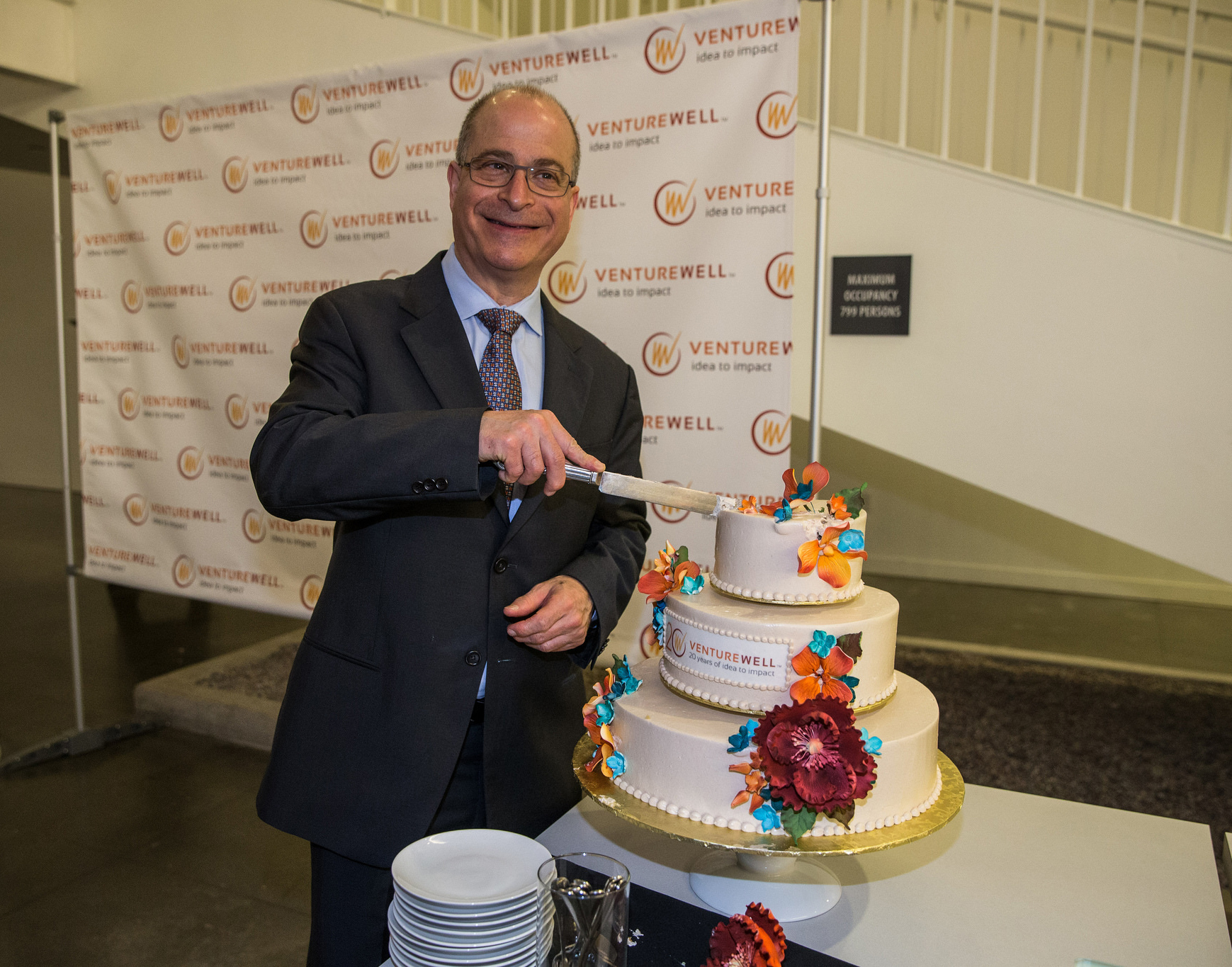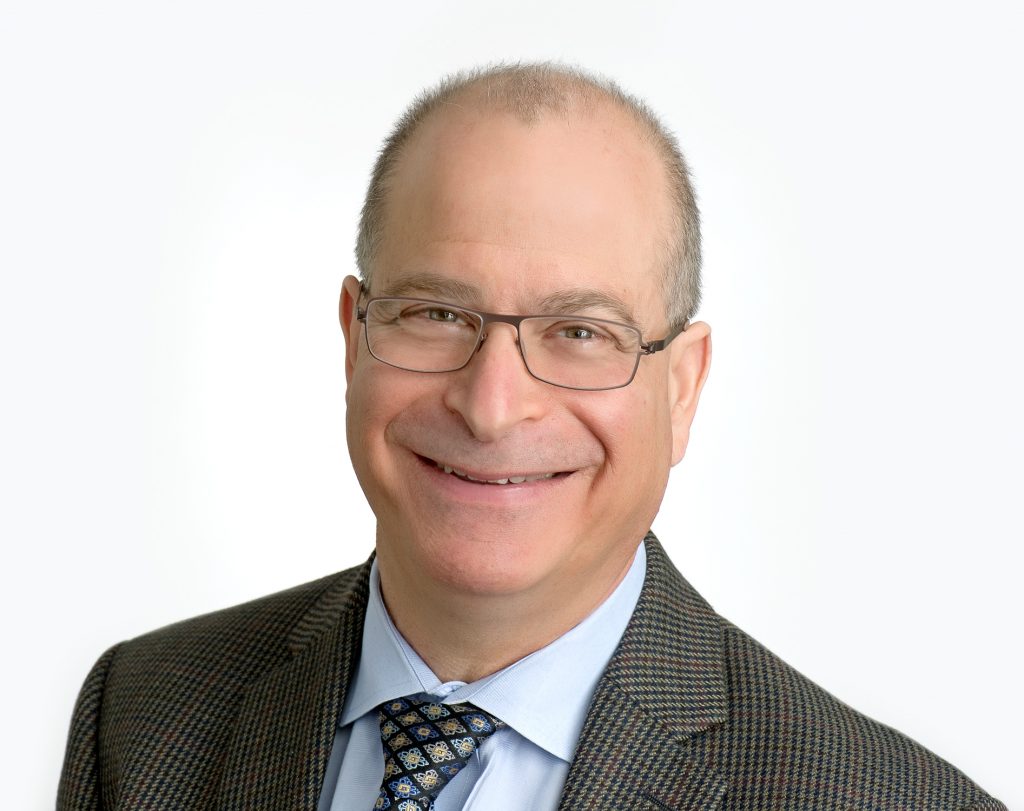
Birthdays are a good time to celebrate accomplishments and reflect on what you’ve learned. This year as VentureWell turns 20 years old, we’re celebrating work with hundreds of universities and thousands of faculty and students to strengthen invention, innovation, and entrepreneurship education in the US. We’ve learned many valuable lessons, through both success and setbacks, about what it takes to nurture the next generation of innovators and entrepreneurs. Here’s what I think are the most important learnings of VentureWell’s past two decades about how to support entrepreneurs:
- Support the individuals
- Develop the pathways
- Connect with the ecosystem
- Extend broadly and widely
Support the individuals
Innovation and entrepreneurship have moved to the center of discussions about the future of education in engineering, science, and many other disciplines. Universities are increasingly seen as a key source of new ideas—and the place where people learn how to implement those new ideas. Students need an empowering environment where they are expected to address major problems facing society, from economic revitalization to global poverty to environmental challenges.
They need our support. Increasingly, they’re getting it: courses in innovation, competitions, and co-curricular business development and other experiential opportunities have gone from unusual before the turn of the century to widespread now. Working with the support of The Lemelson Foundation, VentureWell is proud to have played a germinal role in bringing about what the New York Times called an “innovation arms race” in US higher education.
But it’s not enough—not yet. Today’s entrepreneurship programs serve a relatively small portion of the total student body. The next frontier is broadening exposure to a larger and much more representative population of students, with more balanced participation by women and minorities. To accomplish that, we’ll need to increase opportunities for early exposure, and help students cultivate awareness, interest, and skills. This requires a combination of embedding content in the curriculum, encouraging self-directed innovation, and ultimately, forging pathways for the advancement of worthwhile ideas.
Develop the pathways
Visible pathways are essential for innovators to move forward with their ideas. Constructing these pathways requires a range of resources including policies that support the effort and risk of pursuing new ideas; easily accessible trainings that help innovators recognize opportunities and develop validated models for commercialization and scale; an environment that encourages risk-taking by rewarding attempts as well as successes; and communities and networks that can enable their progress.
Connect with the ecosystem
For two decades, with the support and partnership of The Lemelson Foundation, we have nurtured networks of innovators in educational systems and created opportunities for that community to lead similar local networks on their own campuses. These networks are a key enabler of success for emerging E-Teams, groups of students developing high-impact innovations with the potential to address societal needs and scale as businesses. Hundreds of companies have grown out of E-Teams, and hundreds more are in the pipeline across the US. That model has now been adapted to the research environment through the National Science Foundation I-Corps™ program, and is scaling rapidly at dozens of research institutions and in other federal agencies. This growth will be transformative, particularly as the groups of innovators, mentors, and program leaders from across the country are solidified and connected through a National Innovation Network.
Extend broadly and widely
There is enormous potential to apply what has been learned in the US to increase global innovation and entrepreneurship. Universities in Europe, Asia, and the Middle East have begun to embrace the approaches that have borne fruit here in the US. We share The Lemelson Foundation’s belief that, with adaptation to local institutions and cultures, there is huge potential to transform the global approach to stimulating innovators and helping them begin their entrepreneurial journey.
As we look forward to the next 20 years, our goals include the scaling and institutionalization of the programs that have been developed, increasing their accessibility to reflect our diverse communities, and extending the benefits of innovation and entrepreneurship to individual innovators and their institutions here in the US and around the world.
About the author:

Phil Weilerstein is the President and CEO of VentureWell, a long-time grantee of The Lemelson Foundation. Phil has led VentureWell since its founding 20 years ago, and brings his passion for invention and entrepreneurship in leading the organization into the next 20 years.